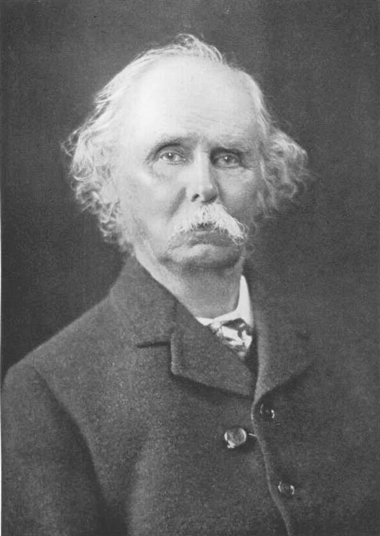Economics
Economics has a strong tradition in the College, associated in particular with the name of the former Fellow Alfred Marshall (1842-1924), who first formulated many of the concepts still used by economists today. Marshall believed that the purpose of Economics is to improve human welfare based on analytical understanding, and this philosophy still guides our teaching of the subject today. We aim to teach our Economics students how to use the analytical framework of the subject to think about issues such as why some countries are rich and others poor. The ability to reason as an economist and to assess economic evidence is valuable to a student in later life even if he or she does not become a professional economist.
St John’s admits about eleven undergraduates each year. All supervisions in micro and macro are done by Fellows of the College, usually in small groups of about three but also in larger classes or seminars, depending on the subject. The College makes generous book grants available and has a well-stocked Economics section in the library. There is also an active College Economics Society, run by the undergraduates.
Course
Courses in Economics
The undergraduate course in Economics in Cambridge, commonly called the Economics Tripos, is a three-year program that leads to the degree of Bachelor of Arts (BA) in Economics. There is an exam at the end of each year.
The first year (Part I) of the Economics Tripos consists of five compulsory subjects: Microeconomics, Macroeconomics, Quantitative Methods, Political and Sociological Aspects of Economics, and British Economic History.
The second year (Part IIA) consists of four subjects of which three are compulsory: Microeconomics, Macroeconomics and Econometrics. The optional subject is chosen from the following list: Development Economics, Labour Economics, Sociology (which is offered by the Department of Sociology) and Mathematics for Economists.

The final year (Part IIB) of the Economics Tripos consists of two compulsory subjects, Microeconomics and Macroeconomics, two optional subjects, and a compulsory dissertation. A large range of optional subjects is available: Economic Theory and Analysis; Money, Banking and Finance; Public Economics; Economics of Underdeveloped Countries; Industry; papers in Economic History; papers in Econometrics; and a number of papers in Sociology and Politics (offered by the Department of Sociology and the Department of Politics and International Studies). The dissertation is on an economic topic chosen by the student and counts for a fifth of the Part IIB coursework.
It is possible to change from the Economics Tripos to other Triposes, for example to Law or History after Part I, or to Management Studies after Part IIA. It is also possible to switch to Part IIA of the Economics Tripos from certain other Triposes, such as Mathematics.
Entry Details
UCAS Code: L100
Typical Entry Requirements
A Level: A*A*A, with A* in Mathematics
International Baccalaureate: 42 points with 776 at Higher Level including 7 in Higher Level Mathematics
Essential Subjects: A Level/IB Higher Level Mathematics
Desirable Subjects: A Level/IB Higher Further Mathematics
Submitted Work: None
Pre-interview Assessment: Students must take the Economics Admissions Assessment (ECAA) consisting of an essay (60 minutes) and Maths multiple choice (60 minutes) section. More information can be found here.
We do not require applicants to have studied Economics. We look for strong mathematical and overall academic ability in our Economics applicants.
Admissions Interviews
Details regarding the operation of admissions interviews in the 2020-2021 admissions round have yet to be confirmed.
People
Directors of Studies
Dr Petra Geraats
Dr Isabelle Roland
Dr Gabriella Santangelo
Tutor
Dr Neil Arnold